“There are more than 3.5 billion pieces of content (web links, news stories, blog posts, etc.) shared each week on Facebook.” (Source)
With that being said, how much of that content do you think uses proper grammar and punctuation? Honestly, I don’t know, but I am sure more than half of the content has a good amount of grammar and punctuation errors.
In a world where conversations happen through blogs, tweets, and Facebook posts, using proper grammar is important as it reflects back on the writer and the business he/she is representing. If you want to keep readers and continue the conversation, it is important to use proper grammar to avoid looking silly.
Here is a simple English lesson to help prevent some of the most common grammar and punctuation errors.
Its vs. It’s
- Having the wrong use of its/it's tends to be the easiest and most overlooked mistake in writing.
- Its – possessive form of it
- Example: Its network is down.
- It’s – contraction of it is
- Example: It’s important to understand grammar.
- If you are unsure which form to use in your sentence, replace the form of its/it’s with it is or it has to see if the sentence still makes sense.
Your vs. You’re
- This is another commonly misused word.
- Your – shows possession
- Example: I just read your tweet.
- You’re – contraction of you are
- Example: You’re responsible for proofreading your content.
- Ask yourself what you are trying to say when using this word. Do you mean, you are, or do you mean, it belongs to you.
Their vs. They’re vs. There
- The difference between these three words is quite simple yet regularly mixed up.
- Their – shows possession, belonging to
- Example: Their Facebook page is popular.
- They’re – contraction of they are
- Example: They’re going to update the profile.
- There – shows location, position or place
- Example: There is no excuse.
- When using these different forms, determine if you are talking about a person or a place to help decide the correct use of the word.
Affect vs. Effect
- These are two of the most confusing and misused words because of not understanding and remembering the difference.
- Affect – verb, an action is taking place
- Example: Being able to use this word properly will positively affect your writing.
- Helpful hint to remember the meaning, “Affect is an Action.”
- Effect – used as a noun
- Example: The effect of proper grammar is beneficial for you.
- Helpful hint: An effect never affects you.
Misplaced and Overused Commas
- Commas do not need to be, and should not be, placed randomly throughout a sentence because it may look more grammatically correct.
- The comma is to be used to set off expressions, connect phrases, or to list items.
- Examples:
- Comma in a list: “Please pick up bread, eggs, milk, and bacon from the grocery store.”
- Comma connecting a phrase: “When writing a blog, make sure you check for grammatical errors.”
- Comma to set off expressions: “Grammar, as you may know, is not always easy to understand.”
- The comma has more uses than provided. Go through the Grammar Book for a complete list of rules.
So, before clicking the “send” or “publish” button, be sure to reread the content you just created. It is also a good idea to have other eyes read it over to pick up on misspellings or grammar mistakes you may have missed. Proofreading your posts and blogs will help to ensure credibility and build the loyalty of your readers and followers.



